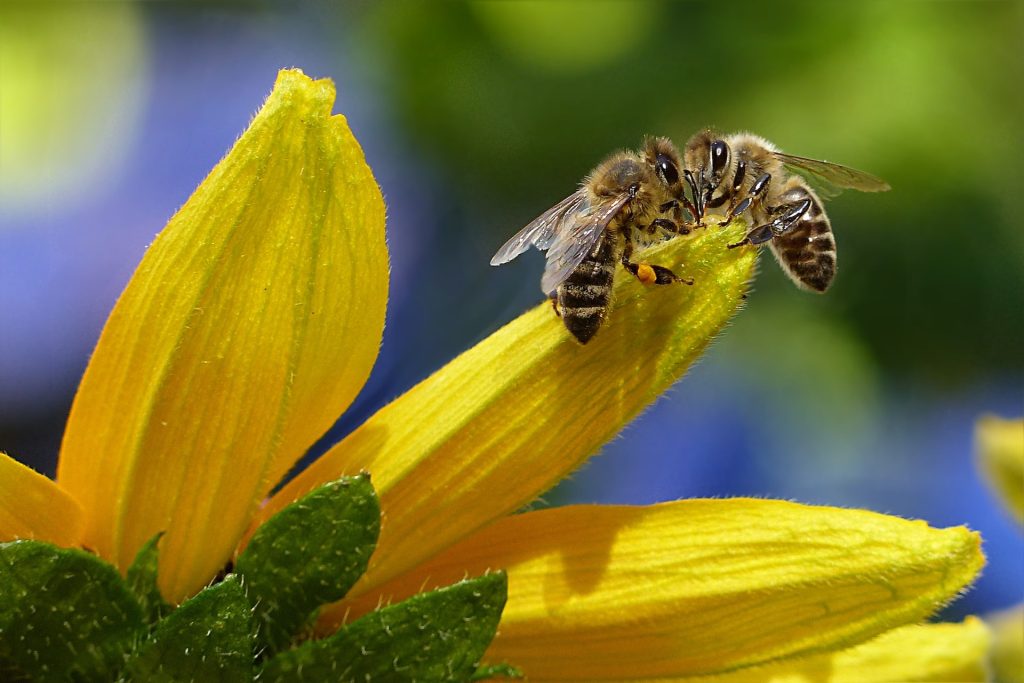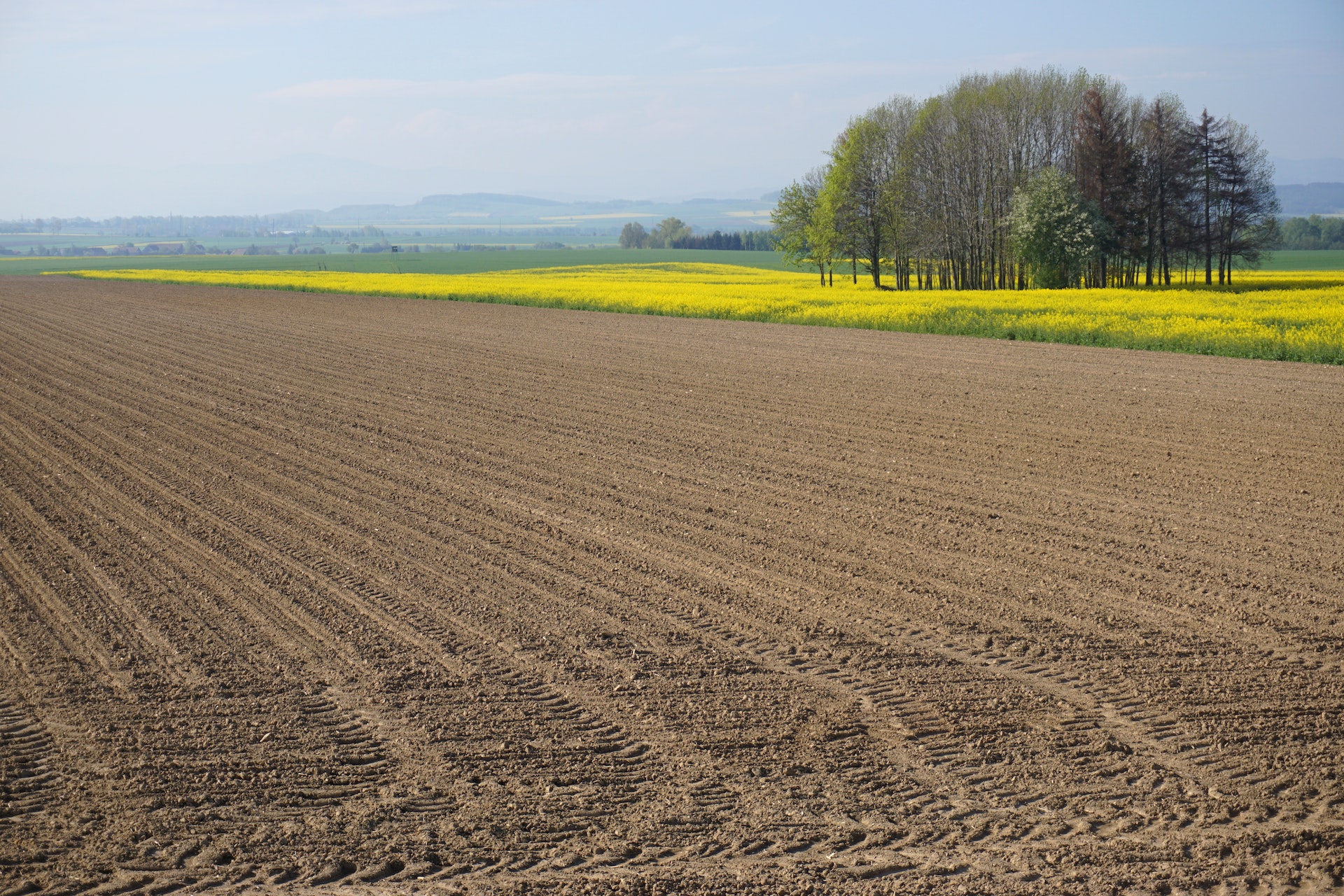
Pollinator Peril: Coffee and Cocoa Crops at the Mercy of Climate and Land Use Changes
In a recent study published in Science Advances, researchers delved deep into the interconnected web of climate change, shifting land use, and its repercussions on pollinator biodiversity. What emerged is a stark picture that underscores the vulnerability of global crop pollination, particularly threatening staples like coffee and cocoa.
Pollinators in Decline
Drawing from an extensive database that covers 1,507 crop cultivation sites globally and documents 3,080 insect pollinator species, the study’s findings are alarming. The dual challenges of global climate alterations and intensive agricultural practices are jointly responsible for the marked reductions in both the population and diversity of crucial insect pollinators.
The Crop Crisis
It’s a startling fact: approximately 75% of our crops rely, to varying extents, on animal-assisted pollination. The domino effect of diminishing pollinators thus has far-reaching consequences, jeopardizing a vast majority of the crops that form the backbone of global food systems.

Future Forecast: A Model of Concern
The research team’s innovative model projects the fate of these pollination-dependent crops up to the year 2050. The goal? To sound the alarm bells for both the agricultural sector and conservationists. The early indications, based on current trends, spell potential disaster for many crops, with coffee and cocoa notably being at the forefront of this crisis.
A Call to Action
Given the gravity of the situation, it is vital that stakeholders across the board — from farmers and agronomists to policymakers and environmentalists — come together. Immediate, cohesive action is the need of the hour to counteract these adverse trends and safeguard the future of our food.
In conclusion, the global decline in pollinators, exacerbated by climate change and altering land-use patterns, underscores a looming food security challenge. The ripple effects of this pollinator peril, as this study in Science Advances suggests, are set to reshape agricultural and conservation landscapes in the decades to come.
©eco-guardians.org